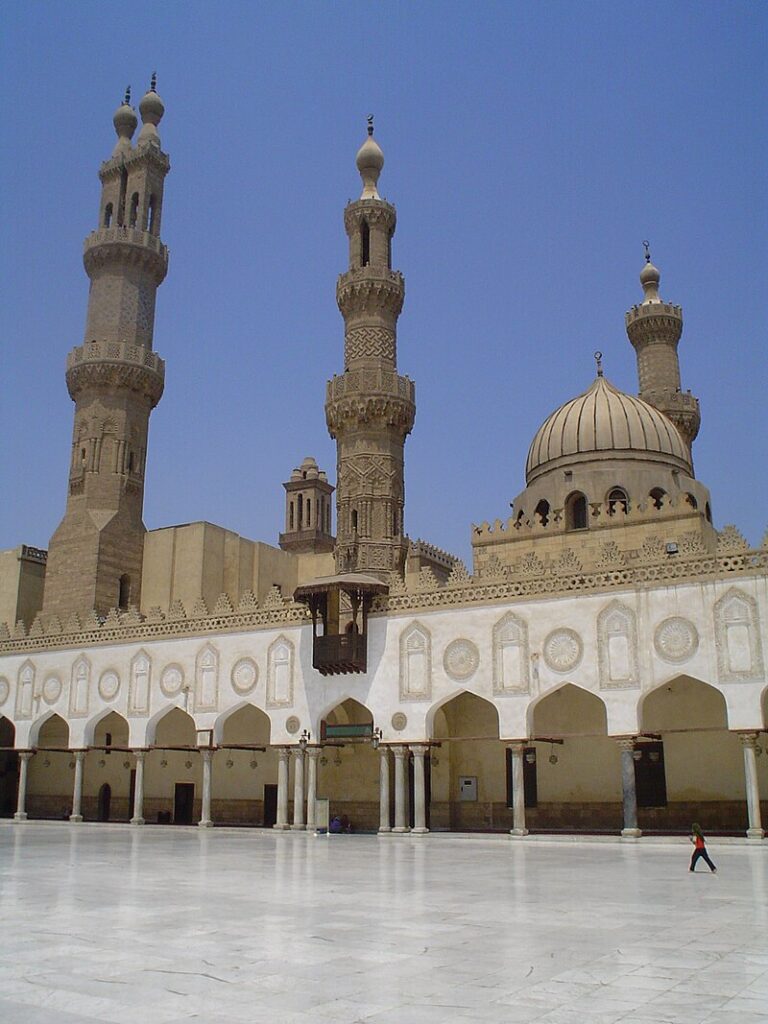Tips for Visiting Egypt
Essential Tips for Visiting Egypt
1. Prepare for the Weather
Egypt has a desert climate, so expect hot days and cooler nights, especially in winter.
Summer temperatures can be extreme, especially in Upper Egypt (Aswan and Luxor).
2. Respect Local Customs
Dress modestly, especially when visiting religious sites or rural areas.
Public displays of affection are generally not welcomed.
3. Stay Hydrated
Always carry bottled water. Tap water is not safe to drink.
Dehydration can be a serious issue, so drink plenty of fluids.
4. Be Ready for Currency Needs
The local currency is the Egyptian Pound (EGP).
Carry small bills for tips (baksheesh), which are expected for small services.
5. Stay Safe
Stick to reputable tour companies and guides.
Avoid traveling alone at night or in remote areas.
6. Stay Connected
Buy a local SIM card or use international roaming for maps and communication.
Packing Checklist for Egypt
1. Clothing
Light, breathable fabrics like cotton and linen.
Comfortable shoes for walking (sandals for cities, hiking shoes for deserts).
A hat and sunglasses for sun protection.
Modest clothing for religious sites (women may want a scarf for covering shoulders).
2. Medicines and First Aid
Antidiarrheal medicine (like Imodium) for stomach issues.
Rehydration salts for hot weather.
Pain relievers (ibuprofen or paracetamol).
Any prescription medication you need (with a copy of the prescription).
Antihistamines for allergies.
Insect repellent (especially for Nile or oasis areas).
A basic first-aid kit (band-aids, antiseptic wipes, etc.).
3. Toiletries
Sunscreen (high SPF).
Lip balm with SPF.
Tissues (some restrooms lack toilet paper).
Hand sanitizer or antibacterial wipes.
4. Documents
A valid passport with at least 6 months of validity.
A visa, if required (eVisa or on-arrival).
Travel insurance documents.
Copies of all documents (both digital and physical).
5. Electronics
A universal travel adapter (Egypt uses 220V).
Power bank for your devices.
Camera or smartphone for photos.
6. Miscellaneous
A reusable water bottle (preferably with a filter).
Snacks for long journeys.
A travel guidebook or app with offline maps.
Health and Safety Tips
Avoid eating street food if you have a sensitive stomach.
Use sunscreen generously to avoid sunburn.
Check the CDC or WHO website for recommended vaccinations.
With the right preparation, your trip to Egypt will be both comfortable and unforgettable!

